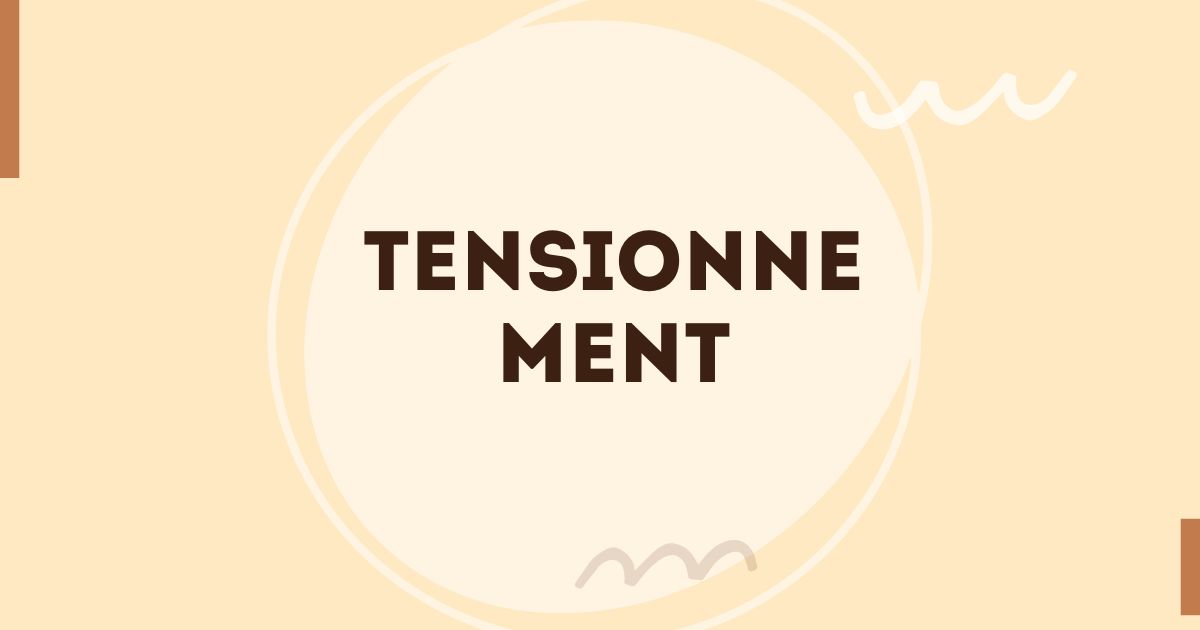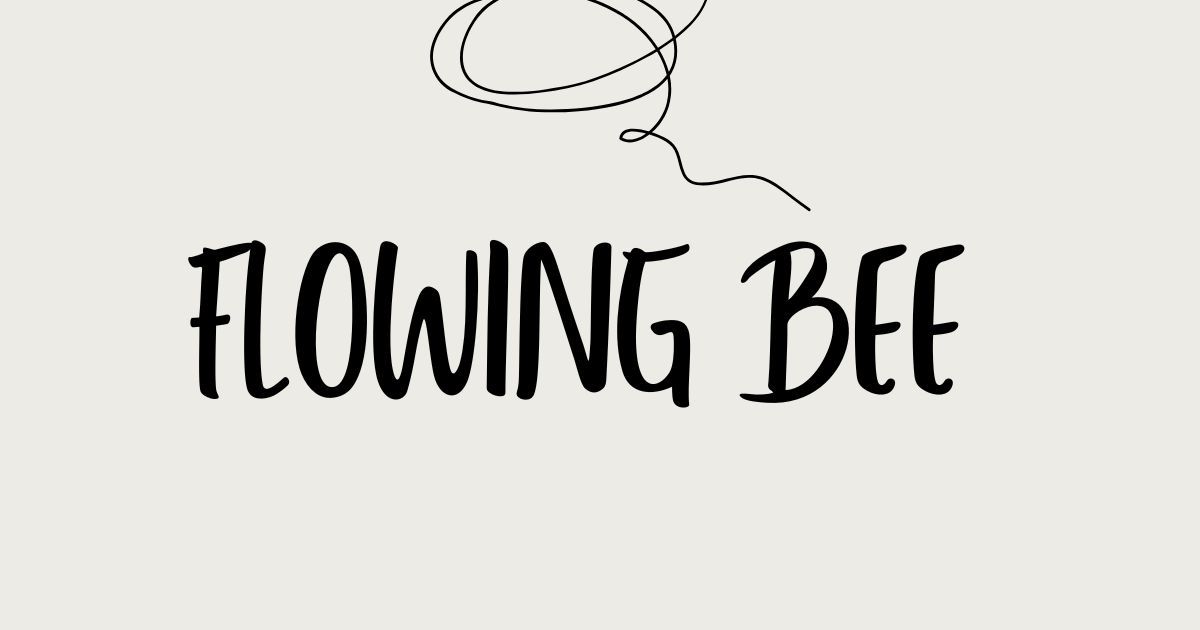Tensionnement is a term derived from the French word “tension” meaning stress or strain, and it broadly refers to the build-up of physical, emotional, or psychological stress. It can manifest in the body, the mind, or even in social environments. Though not a commonly used English term, tensionnement paints a vivid picture of the underlying tension people experience daily due to work pressure, personal conflicts, or societal expectations.
Causes of Tensionnement in Modern Life
From the pressure to perform at work to the constant bombardment of notifications from our phones, modern life is a breeding ground for stress. Common causes of tensionnement include long working hours, financial instability, relationship struggles, social media comparisons, and lack of personal time. Each of these factors contributes to a cumulative strain that many people silently endure.
Recognizing the Physical Symptoms
Tensionnement often reveals itself physically. Common symptoms include tight shoulders, headaches, stomach aches, fatigue, and insomnia. These symptoms may feel random at first, but they are the body’s way of signaling that something is off balance. For many, the physical toll becomes so normalized that they don’t even realize they’re living under constant pressure.
Mental and Emotional Signs of Tensionnement
Beyond the body, tensionnement also affects the mind. Anxiety, irritability, mood swings, lack of concentration, and burnout are red flags. Mental clutter and emotional exhaustion can weigh heavily, especially when ignored or pushed aside. It’s essential to recognize when your emotional bandwidth is stretched too thin and take steps to replenish it.
The Workplace and Tensionnement
The corporate environment is a major contributor to tensionnement. Tight deadlines, unending emails, multitasking, and competition create an atmosphere of chronic stress. When employees feel undervalued or overworked, tension builds up and productivity drops. Addressing this issue requires both organizational change and personal strategies for stress management.
How Relationships Contribute to Tensionnement
Interpersonal relationships—whether romantic, familial, or social—can either reduce or amplify tensionnement. Miscommunication, unresolved conflicts, or toxic dynamics often result in emotional drain. On the flip side, nurturing and understanding relationships act as buffers against stress, reminding us we’re not alone.
Tensionnement in the Digital Age
The constant connectivity enabled by smartphones and social media has created a unique form of tensionnement. We are always “on,” always reachable, and always comparing. The pressure to present a perfect life online and respond instantly to messages can leave little room for mental rest. Detoxing from digital life, even temporarily, can be incredibly healing.
Daily Habits That Increase Tension
Many people unknowingly cultivate habits that make tensionnement worse. Poor sleep routines, excessive caffeine, lack of exercise, skipping meals, or working without breaks are some common examples. These habits gradually wear down the body and mind, making stress management harder over time.
Effective Relaxation Techniques
To manage tensionnement, you must actively practice relaxation. Deep breathing, meditation, stretching, aromatherapy, and listening to calming music are proven ways to reduce tension. Even 10-minute breaks for mindful breathing can dramatically lower stress levels and refocus your mind.
The Role of Physical Activity
Exercise remains one of the most powerful antidotes to tensionnement. Whether it’s walking, swimming, yoga, or hitting the gym, physical movement helps release endorphins, the body’s natural stress-fighters. It also helps loosen tight muscles and clear mental fog, promoting an overall sense of well-being.
Nutrition and Its Impact on Stress
What you eat plays a huge role in how your body handles stress. A diet high in sugar, processed foods, and caffeine can increase anxiety and energy crashes. On the other hand, whole foods rich in magnesium, omega-3 fatty acids, and B vitamins support your nervous system and help reduce the impact of tensionnement.
Mindfulness as a Long-Term Solution
Mindfulness teaches you to stay present and aware without judgment. This mental clarity can help you respond thoughtfully rather than react impulsively. With regular practice, mindfulness reduces anxiety, boosts emotional resilience, and makes tensionnement less overwhelming. You can practice it through journaling, walking meditations, or guided sessions.
Creating a Tension-Free Home Environment
Your living space greatly influences your stress levels. Cluttered rooms, poor lighting, and constant noise can increase tension. By decluttering, adding plants, using natural light, and setting up quiet zones, you can turn your home into a sanctuary where stress dissipates instead of accumulates.
Work-Life Balance and Boundaries
A major step in reducing tensionnement is maintaining a healthy work-life balance. That includes setting clear work boundaries, not answering emails after hours, and dedicating time to hobbies, family, or solitude. By respecting your personal time, you give yourself room to recharge and maintain a more peaceful mental state.
When to Seek Professional Help
There’s no shame in needing support. If tensionnement becomes chronic and interferes with your daily life, seeking a therapist, counselor, or even a coach can be immensely helpful. Professional support can guide you through strategies to manage stress, heal underlying trauma, and reclaim control over your mental health.
Cultural Approaches to Tension Relief
Different cultures approach stress differently. Eastern traditions like Ayurveda, Tai Chi, and acupuncture focus on energy balance, while Western methods often involve talk therapy and medication. Exploring cross-cultural techniques can provide diverse tools for handling tensionnement in ways that resonate personally.
The Power of Nature in Healing
Spending time in nature is a natural cure for modern tensionnement. Whether it’s a walk in the park, hiking in the mountains, or simply watching birds, nature soothes the mind and lowers cortisol levels. It provides a space where you can disconnect from chaos and reconnect with yourself.
Personal Time and Doing Nothing
Sometimes, the best way to beat tensionnement is to do nothing. In our hustle culture, rest is often mistaken for laziness. But intentional rest is not only healthy, it’s essential. Taking a nap, lounging with a book, or just staring out the window gives your nervous system a break and prepares you for life’s next challenge.
Letting Go of Perfectionism
Tensionnement thrives in perfectionism. Constantly striving to meet impossible standards leaves you feeling inadequate and exhausted. Learning to embrace imperfections and celebrate progress over perfection can ease the emotional strain and open up more compassionate self-dialogue.
Conclusion
Tensionnement is an inevitable part of life—but it doesn’t have to control you. By identifying its triggers, listening to your body, setting boundaries, and making self-care a non-negotiable priority, you can transform stress into strength. Life is too short to live in a state of constant strain. Choose calm, choose clarity, choose you.
FAQs
What does “tensionnement” mean in simple terms?
Tensionnement refers to the build-up of stress—whether physical, mental, or emotional—that affects your daily life.
Is tensionnement a medical condition?
While not a medical diagnosis, it refers to symptoms that may be treated through stress management or professional help.
How can I quickly reduce tensionnement?
Try deep breathing, taking a walk, or unplugging from devices. Small actions can make a big difference.
Does diet really affect tension levels?
Yes. A balanced diet helps regulate mood, energy, and stress hormones, reducing the effects of tensionnement.
When should I seek therapy for tensionnement?
If your stress interferes with sleep, relationships, or daily function, a mental health professional can help guide you through recovery.















